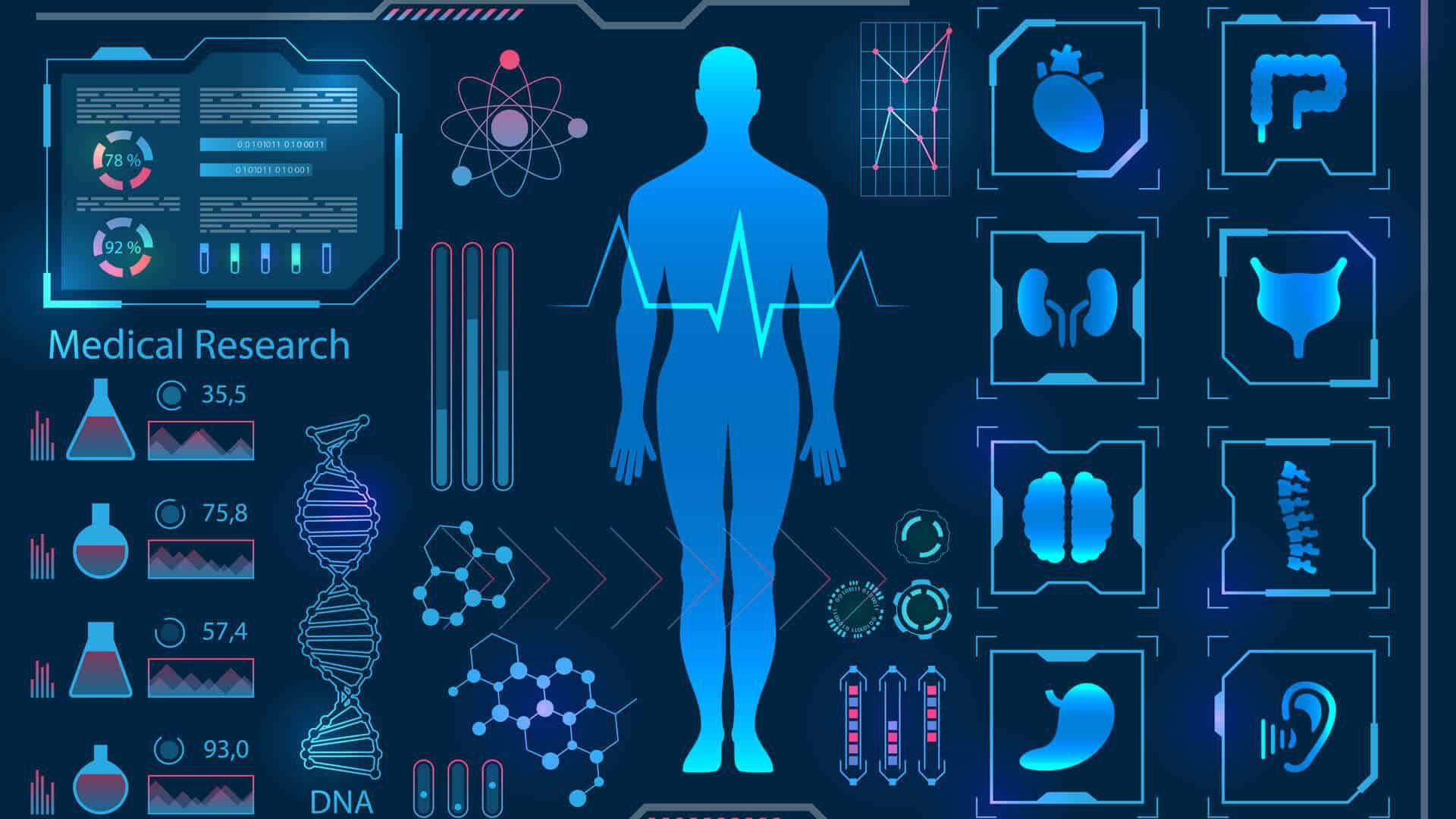
AI-Powered Algorithms Revolutionizing Healthcare DiagnosticsAI-Powered Algorithms Revolutionizing Healthcare Diagnostics Artificial intelligence (AI) is rapidly transforming the healthcare industry, and its impact on diagnostics is particularly profound. AI-powered algorithms are unlocking new possibilities for early detection, precise diagnosis, and personalized treatment. Improved Pattern Recognition AI algorithms excel at recognizing patterns in vast datasets, which is crucial for medical diagnostics. These algorithms can analyze medical images, such as X-rays, CT scans, and MRI scans, to detect subtle abnormalities that may be missed by the human eye. For example, AI-powered algorithms have been developed to identify early signs of cancer, heart disease, and Alzheimer’s disease with greater accuracy. Automated Interpretation Traditionally, interpreting medical data has been a time-consuming and subjective task for healthcare professionals. AI algorithms can automate this process, reducing bias and improving consistency. By leveraging natural language processing (NLP), AI algorithms can interpret medical texts, such as laboratory results and patient histories, to extract key insights and generate diagnostic conclusions. Enhanced Accuracy and Precision AI-powered algorithms have demonstrated remarkable accuracy and precision in diagnosing various diseases. In a study on diabetic retinopathy, an AI algorithm outperformed experienced ophthalmologists in detecting the disease, significantly reducing the risk of vision loss. Another study showed that AI algorithms could diagnose breast cancer as accurately as a pathologist. Personalized Treatment By analyzing patient-specific data, AI algorithms can help healthcare providers make more informed treatment decisions. These algorithms can identify genetic predispositions, environmental risk factors, and lifestyle habits that may influence disease progression. This personalized approach allows for tailored interventions and improved patient outcomes. Reduced Costs and Wait Times AI-powered diagnostics can reduce healthcare costs by automating tasks and improving efficiency. By detecting diseases at an early stage, AI algorithms can prevent unnecessary invasive procedures and reduce hospitalizations. Additionally, AI can streamline diagnosis processes, reducing patient wait times and improving access to care. Ethical Considerations As AI-powered diagnostics become more prevalent, it is essential to address ethical considerations. Ensuring data privacy, preventing bias, and maintaining transparency are paramount. Healthcare providers must be trained to use AI algorithms effectively and responsibly to avoid misinterpretation or misuse. Conclusion AI-powered algorithms are revolutionizing healthcare diagnostics, offering unparalleled precision, reliability, and personalized treatment. By improving pattern recognition, automating interpretation, enhancing accuracy, and reducing costs, AI is transforming the way diseases are diagnosed and treated. As the field continues to advance, we can expect even greater breakthroughs in the detection and management of human diseases.
Posted inNews